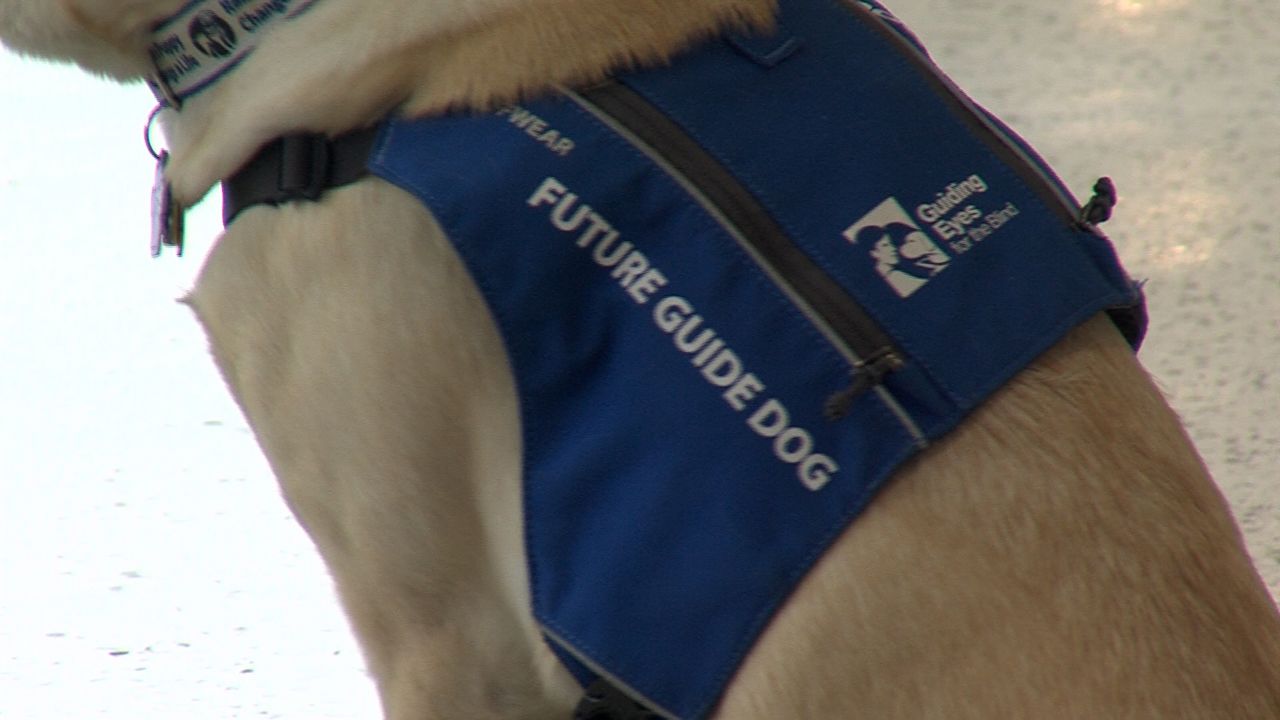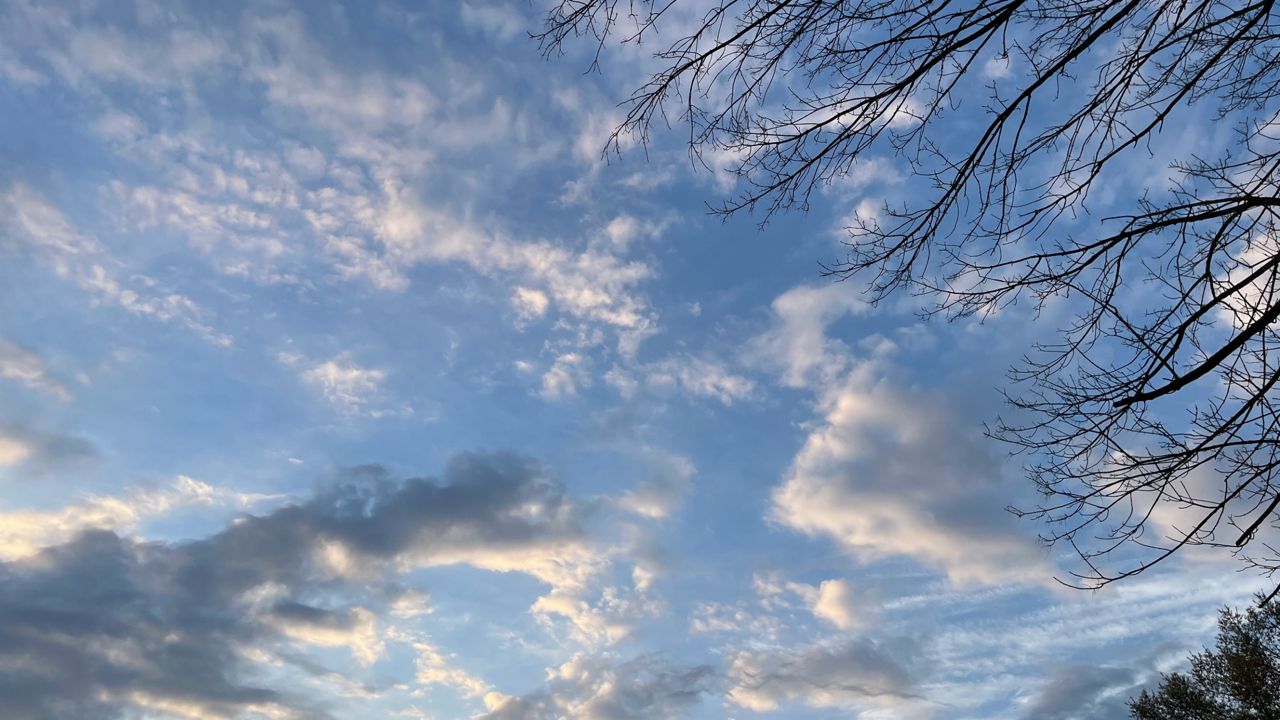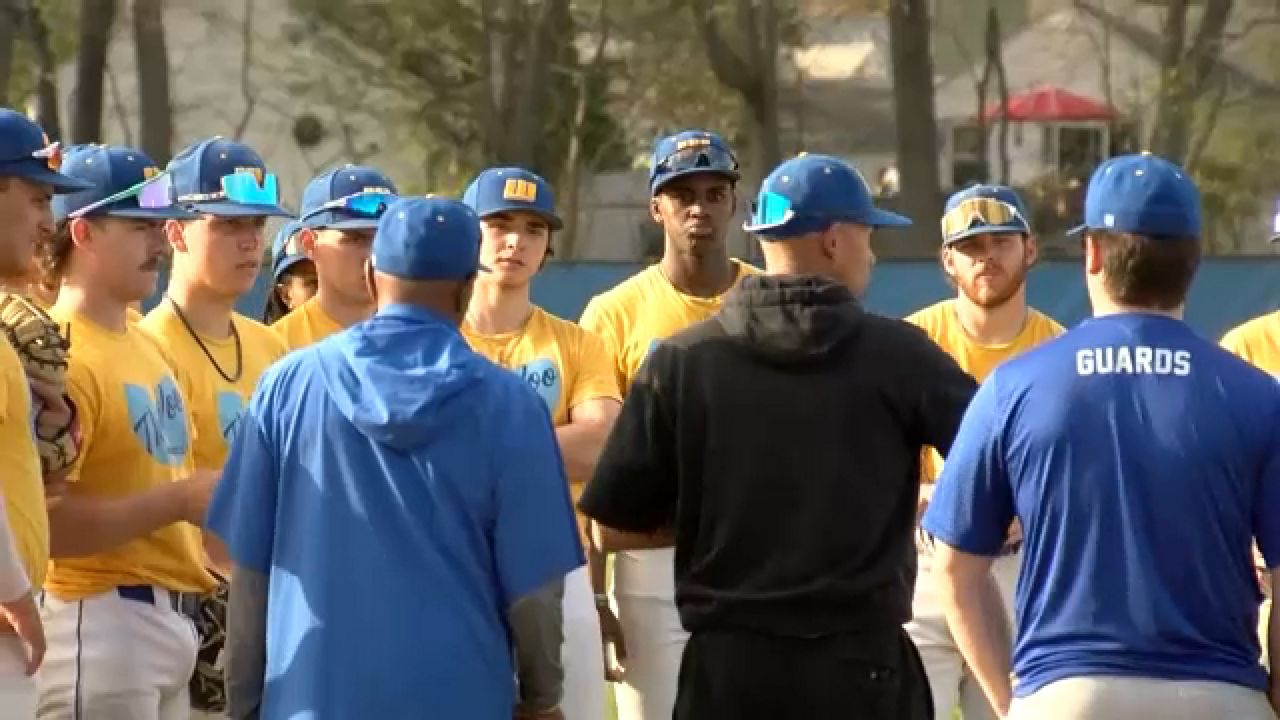WORCESTER, Mass. - The city of Worcester is constantly monitoring waterways for cyanobacteria and other things to gauge the health of the water. The Lakes and Ponds program is made possible through the help of volunteers.
What You Need To Know
- The Worcester Cyanobacteria Monitoring Collaborative (WCMC) is a group of volunteer community scientists that is working to better understand cyanobacteria in Worcester's lakes and ponds and the risk they pose to public health, according to the city website
- Between May and October, volunteers collect samples 1-2 times a month and examine them under the microscope for cyanobacteria
- More information about Worcester Lakes and Ponds program can be found here
“We have three different analyses that are done by the volunteers for the WCMC,” Sr. Environmental Analyst Nick Pagan said.
The Worcester Cyanobacteria Monitoring Collaborative takes a hands-on approach to track cyanobacteria activity at our local lakes and ponds.
The WCMC uses low-cost, low-tech sampling methods to test lakes and ponds 1 to 2 times a month, and nearly weekly at spots with more public access.
The city’s Lakes and Ponds coordinator said we’re still learning more about Cyanobacteria which is a blue green algae.
“It's really important because there's less known about the risks of cyanobacteria, compared to other types of hazards, such as E. Coli, for example," Katie Liming said. "The public health guidelines are designed to be overprotective. And really prevent people from entering the water when there might be a problem.”
The grab samples, net samples, and integrated tube samples all get collected by volunteers and analyzed back at the lab by fulltime staff.
“The IT sample is used to detect a pigment in the water called phycocyanin," And it's kind of similar to chlorophyl. But it's it is specific to cyanobacteria.”
Liming and Pagan said a big reason the water sampling is done is to make sure no one gets sick and fortunately severe illness from cyanobacteria exposure is low nationwide.
There’s a lot of factors impacting Worcester’s water quality every year… and they help they get from volunteers helps reduce risks to the public.
“This past year, we saw lots of impacts from the drought," Liming said. "The year before, there was lots of impacts from the second wettest season on record. So, it can change for sure.”
“We wouldn't be able to do this without our volunteers," Pagan said. "It's amazing. Like, we have had over 40 volunteers most years who give up a Saturday morning and a Monday morning to go collect samples, and it greatly increases the amount of water bodies that we're able to monitor.”












